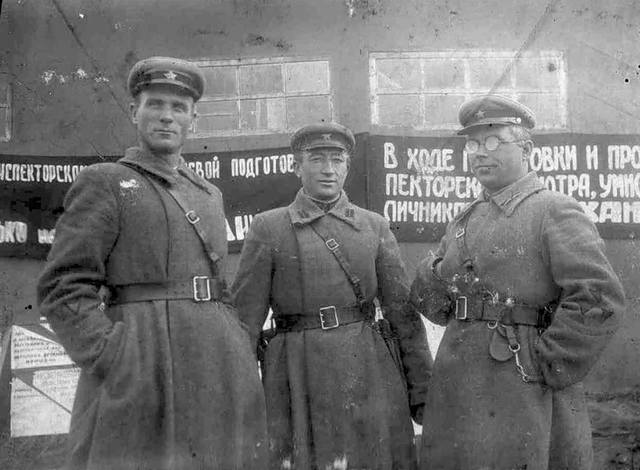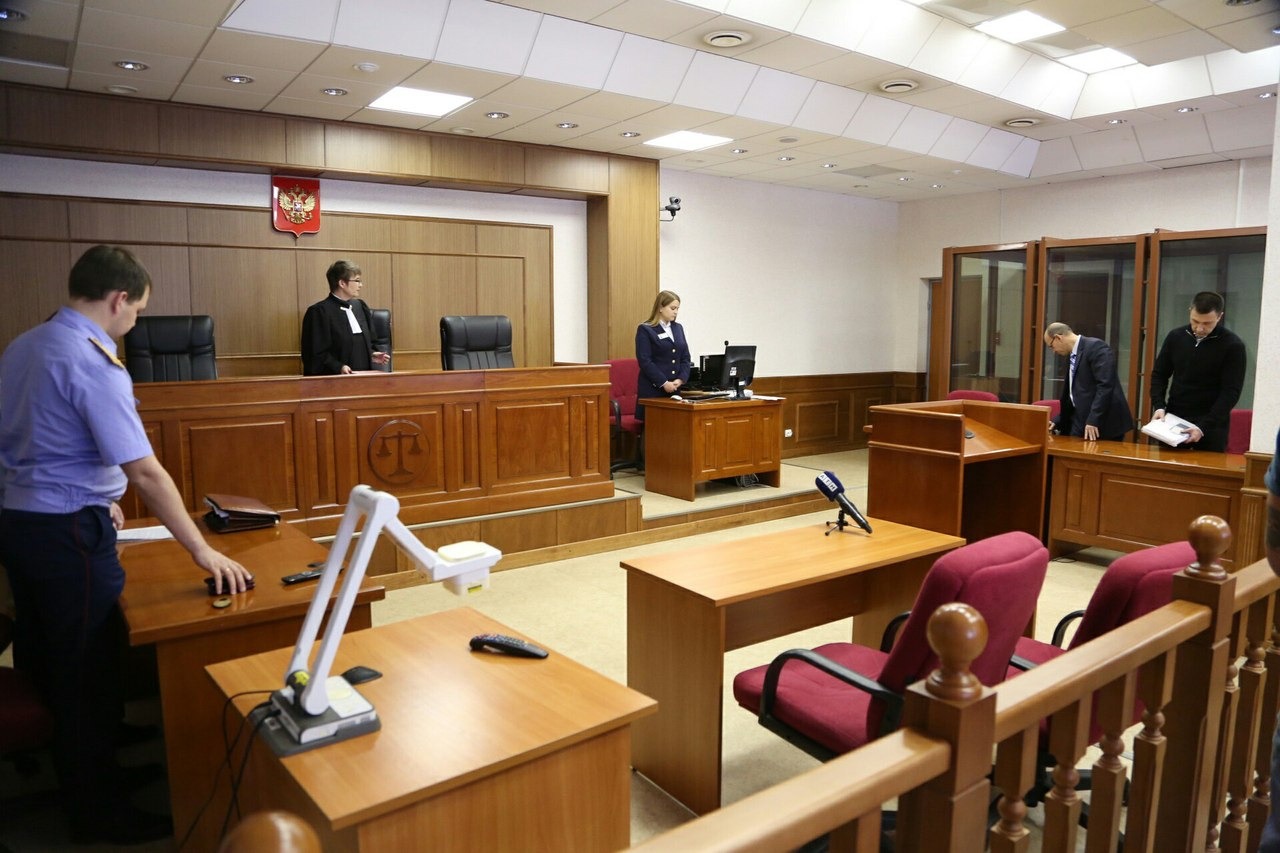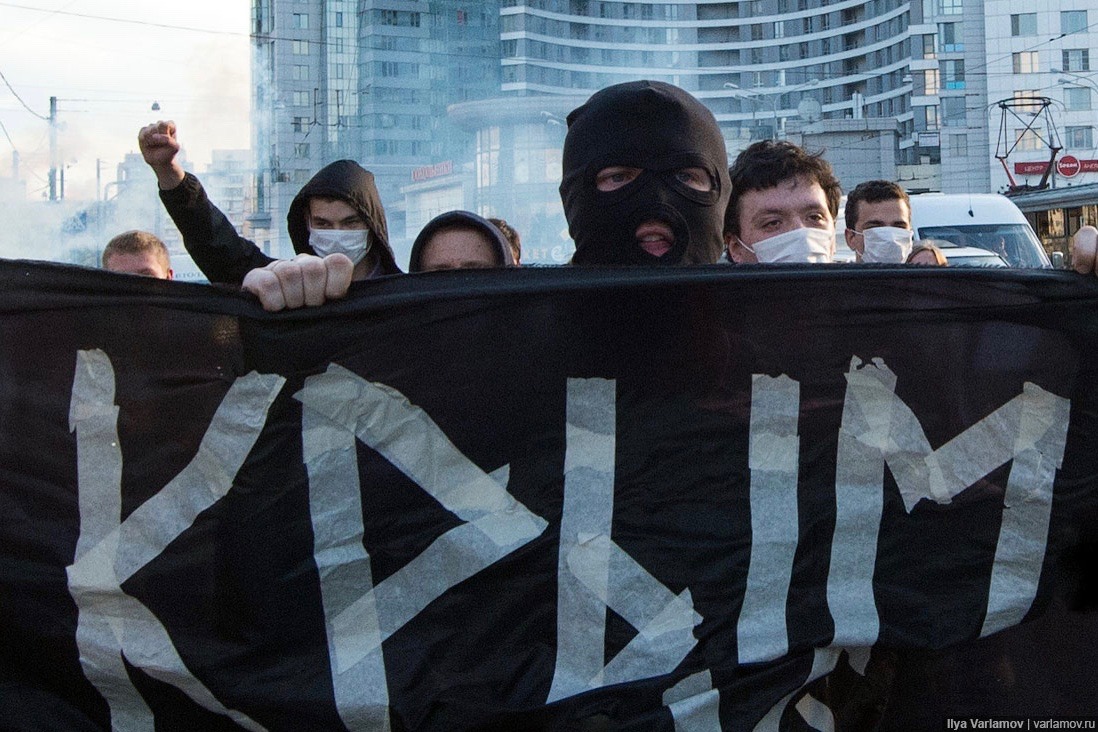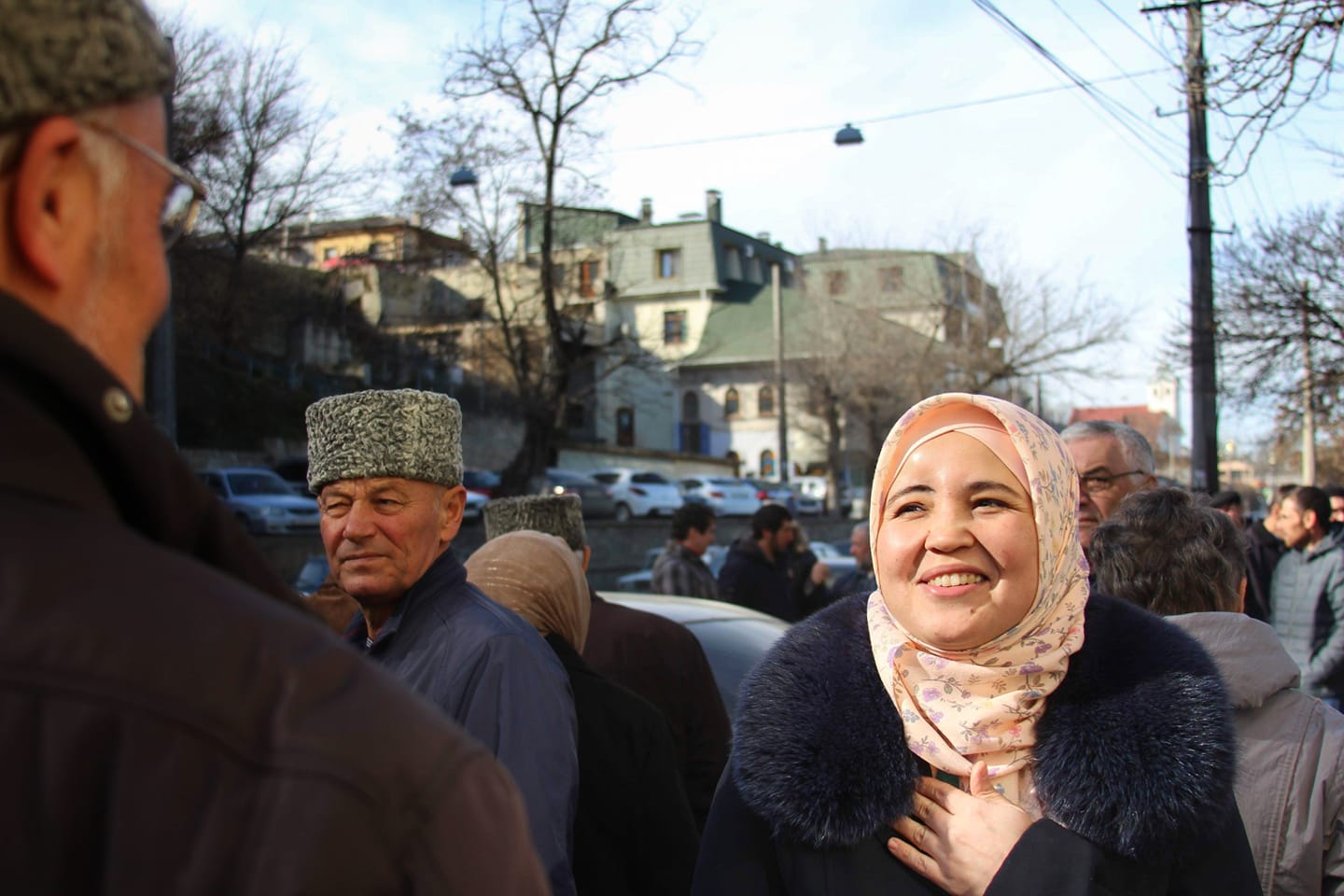The federal law “On introducing amendments to certain legislative acts of the Russian Federation” (the law on “undesirable NGOs”) passed its third reading on 19 May and was signed into law by the Russian president on 23 May 2015.
A short legal analysis of the law “On Introducing Amendments to Certain Legislative Acts of the Russian Federation” by the lawyer Olga Gnezdilova.
The law introduces the concept of “a foreign or international non-governmental organisation, about which a resolution has been made to consider it undesirable in the Russian Federation”. (For the sake of convenience we shall call this the “undesirable NGO” law.) The new law lays down the procedure for recognising an NGO as “undesirable” and spells out the consequences both for the organisation and the individuals who take part in its work.
The procedure for recognising an NGO as “undesirable”
The procedure has already been described in the so-called Dima Yakovlev law of DATE (federal law “On sanctions for individuals violating the fundamental human rights and freedoms of the citizens of the Russian Federation”). The procedures for maintaining such a list of NGOs, however, and for establishing exemptions from such a list, have not as yet been undetermined.
Which NGOs are affected
Foreign or international NGO s fall within the scope of this law. Note that the word “non-profit” is absent. This means that a commercial organisation might also be recognised as “undesirable”.
Justification
An NGO is recognised as “undesirable”, if it presents a threat to the foundations of the constitutional system, the defence capabilities of the country or its national security.
Who makes the decision
The Prosecutor General of the Russian Federation or his deputies make the decision in coordination with “the federal executive authority, which carries out functions involving formulation and implementation of State policy and statutory regulation in regard to the foreign relations of the Russian Federation”.
The status of an “undesirable NGO” commences from the day of public disclosure of information about the NGO in a special list of such organisations on the website of the RF Ministry of Justice. The procedures for maintaining the list, entering new NGOs and exempting others, are to be determined by the Ministry of Justice at a later date.
Revoking the decision
The decision to classify an NGO as “undesirable” may be cancelled by the same procedure. The resort to judicial measures receives no mention at all, although this does not necessarily exclude attempts to lodge a judicial appeal against the decision.
A. Consequences for organisations
1) The formation of structural sub-divisions of “undesirable NGOs” in the Russian Federation is prohibited and theose already in operation are to be closed.
2) The dissemination of information prepared by the “undesirable NGO”, through mass media and the Internet is prohibited, as also is the preparation and storing of such materials for dissemination. The last clause “for dissemination” should be understood to mean “more than one copy”.
3) The implementation in the Russian Federation of programmes (projects) “for the undesirable NGO” is prohibited. This does not necessarily mean that the programme (project) was initiated by the NGO itself. “For” will be interpreted broadly to mean “in the interest of” or “in collaboration with”. This prohibition is also fully applicable to Russian NGOs, and affects individuals as well as Russian non-profit organisations.
4) There is an obligation on the part of credit organisations and non-credit financial institutions to refuse to conduct operations with monetary funds and / or other property, when one of the parties is an “undesirable NGO”. Credit organisations and non-credit financial institutions are obliged to provide information about this refusal to the federal executive authority responsible for implementing measures against legalisation (laundering) of revenue acquired by criminal means and financial terrorism. The authority, in turn, must inform the Prosecutor General’s Prosecutor Office and the Ministry of Justice.
B. Consequences for individuals:
1) Criminal responsibility (Article 284.1 of the RF Criminal Code).
Crime:
- Carrying out operating control of the “undesirable NGO”, or
- Participation in the activities of the “undesirable NGO”, providing imposition of administrative sanctions for “similar deeds” happened twice in a period of a year.
Punishment:
• Penalties of 300,000-500,000 rubles, OR revenue for the period of 2-3 years;
• Compulsory community service for up to 360 hours;
• Community service up to 5 years;
• A term of imprisonment from 2 to 6 years.
In this case “operating control” should be read no only as the formal director, but also everyone performing organisational and administrative functions.
There is a note in the article on the relief from responsibility, if the person had ”voluntarily ceased participation in the activities” of the undesirable NGO. Based on this wording, relief from responsibility for the head of the organisation is out of question.
Criminal proceedings will be initiated and investigated by the Investigative Committee of Russia, as well as “the investigators of the authority, which has discovered the crime”. Guess, which one.
2) Administrative responsibility (Article 20.33 of the RF Code of Administrative Offences).
Misdemeanour:
• Carrying out the activities of an “undesirable NGO”.
• Participating in the activities of an “undesirable NGO”.
• Violation of legislative prohibitions established in the “Dima Yakovlev” law (see also Consequences for Organisations).
Punishment:
Penalties – citizens 5,000-15,000 rubles; public servants – 20,000-50,000 rubles; legal entities – 50,000-100,000 rubles.
3) Ban on entry to the Russian Federation for foreign citizens
Changes to the federal law “On the procedure for exit from the Russian Federation and entry into the Russian Federation” are being made, whereby foreign citizens and stateless persons participating in the activities of undesirable NGOs can be forbidden to enter the Russian Federation.
***
The bill will completely exclude any possibility of functioning in the territory of Russia of the organisations unwanted by the government. The initial strike at the independent NGOs was made by adopting the legislation on “foreign agents”, as a result of which multiple Russian organisations withdrew from external financing or ceased their activities.
Presently the foreign and international NGOs working in the Russian territory are at stake. Moreover this concerns the ones to have branches, as well as the ones to collaborate with individual experts, and their Russian partners, both non-profit and commercial. Financing of such activities becomes now impossible, and working out of pure generosity – criminally liable.






